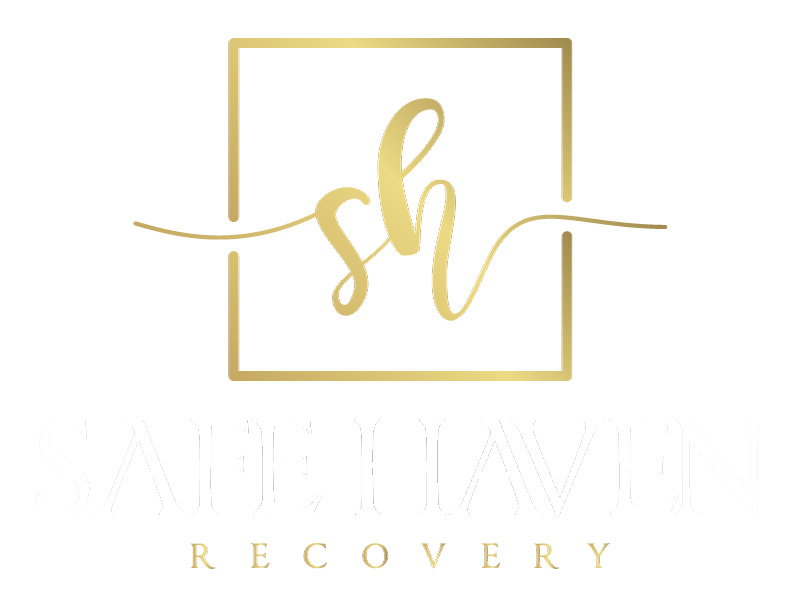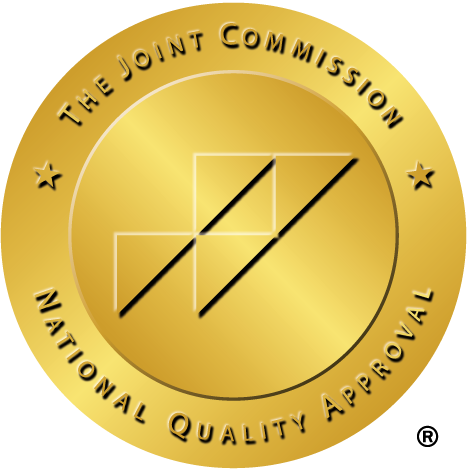
Addiction is a complex and challenging condition to manage. It can take a significant toll on a person’s mental and physical health. It can also affect their relationships with friends and family members.
While addiction treatment and recovery are crucial in helping individuals overcome substance abuse, relapses can occur. Unfortunately, relapse can often lead to feelings of guilt, shame, and self-hatred, which can hinder a person’s recovery process.
If you are an alcoholic or drug addict who has relapsed, or you have a family member who is struggling with addiction, it’s essential to understand that relapse is a part of the recovery process. You or your loved one should not feel ashamed, as relapse can happen to anyone.
In this blog post, we will discuss how to be kind to yourself when addiction relapse occurs.
Approach Relapse as a Part of Growth
It’s crucial to understand that relapse is not a sign of failure, nor does it mean that the treatment has failed. It’s part of the long-term recovery process, and it can happen to anyone. According to research, up to 60% of people who undergo addiction treatment experience a relapse at some point in their lives. Therefore, you must approach the relapse with a growth mindset and not give up on the recovery process.
If you or your loved one has relapsed, it’s crucial to be kind to yourself and not beat yourself up. Self-hatred and guilt can be counterproductive and hinder the recovery process. Instead, focus on the progress made so far and the positive steps taken towards recovery. Try to identify the factors that led to the relapse, learn from them, and use them as a tool to make more informed decisions in the future.
Practice Self-Compassion
Addiction relapse can trigger intense negative emotions such as guilt, shame, and self-blame. It’s essential to recognize that these emotions are normal and valid, but it’s equally crucial to treat yourself with compassion.
Try being kinder to yourself by practicing self-compassion, which means treating yourself with the same understanding and care that you would give to someone you care about who is going through a difficult situation.
You can do this by offering yourself words of encouragement, practicing mindfulness, and engaging in self-care activities that bring you comfort and joy. Remember that self-compassion is not a sign of weakness but a powerful tool for healing.
Build a Support Network
Surrounding yourself with people who understand what you are going through and can offer support, encouragement, and guidance can be invaluable.
This support network can include family members, friends, addiction treatment professionals, and members of support groups. Support groups such as Alcoholics Anonymous (AA) and Narcotics Anonymous (NA) can provide a safe space for individuals to share their experiences and receive support from others who have been through similar experiences.
Having a support network can help you or your loved one stay accountable, motivated, and on track towards recovery.

Seek Addiction Treatment
Relapse prevention is a vital aspect of addiction treatment, and it’s crucial to have a plan in place in case it happens. If you or your loved one has relapsed, seeking addiction treatment can be incredibly helpful. Addiction treatment professionals can help you or your loved one identify the triggers that led to the relapse and develop coping strategies to prevent it from happening again.
Do not be ashamed to seek help again. It is not uncommon for people who relapsed to avoid going back to rehab because they feel ashamed or embarrassed. However, you must keep in mind that seeking treatment again is a sign of strength and courage, not weakness.
Address Underlying Mental Health Issues
It’s crucial to prioritize your mental health and seek professional help if necessary. This can involve talking to a therapist, psychiatrist, or counselor who specializes in addiction and mental health issues.
These dual diagnosis professionals can help you identify and address the underlying issues that may be contributing to your addiction and help you develop coping strategies to manage them.
Best Treatment for Addiction Relapse in Beverly Hills, CA
Addiction relapse can be a challenging and emotionally draining experience, but it’s crucial to approach it with kindness, understanding, and a growth mindset.
These tips we shared can all help you or your loved one navigate the recovery process successfully. With the right tools, support, and mindset, it’s possible to overcome addiction and live a healthy, fulfilling life.









